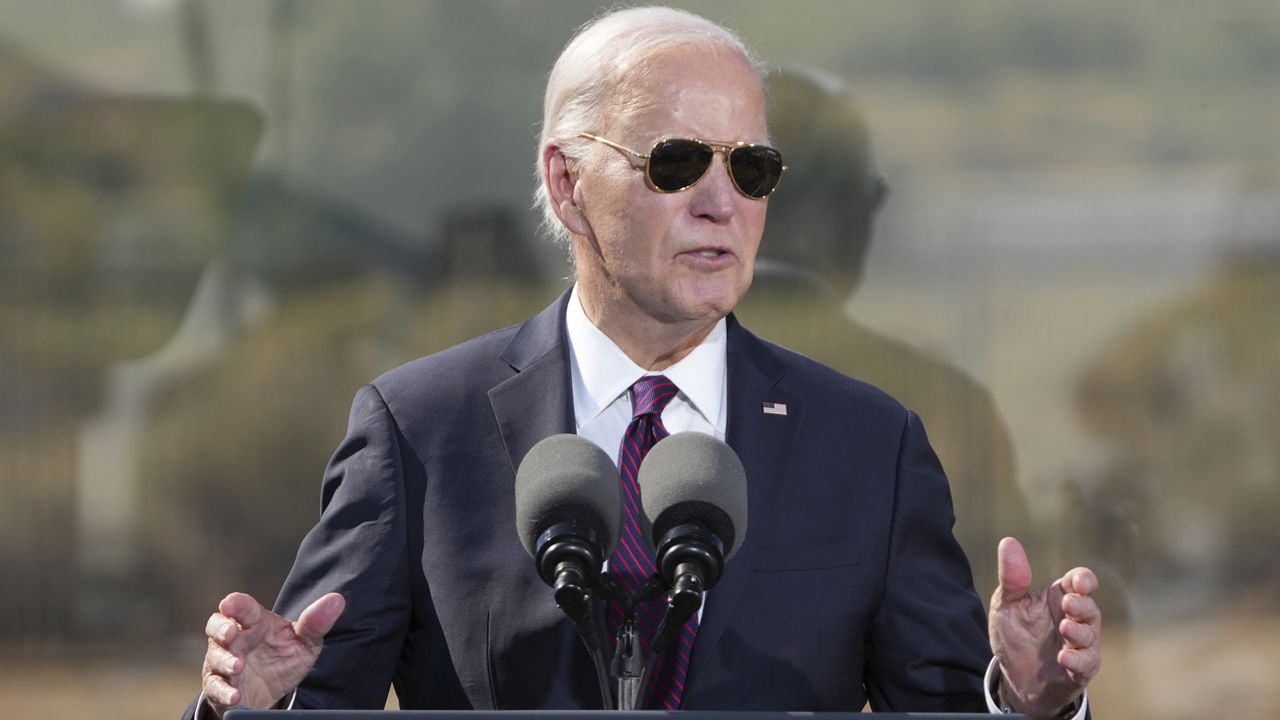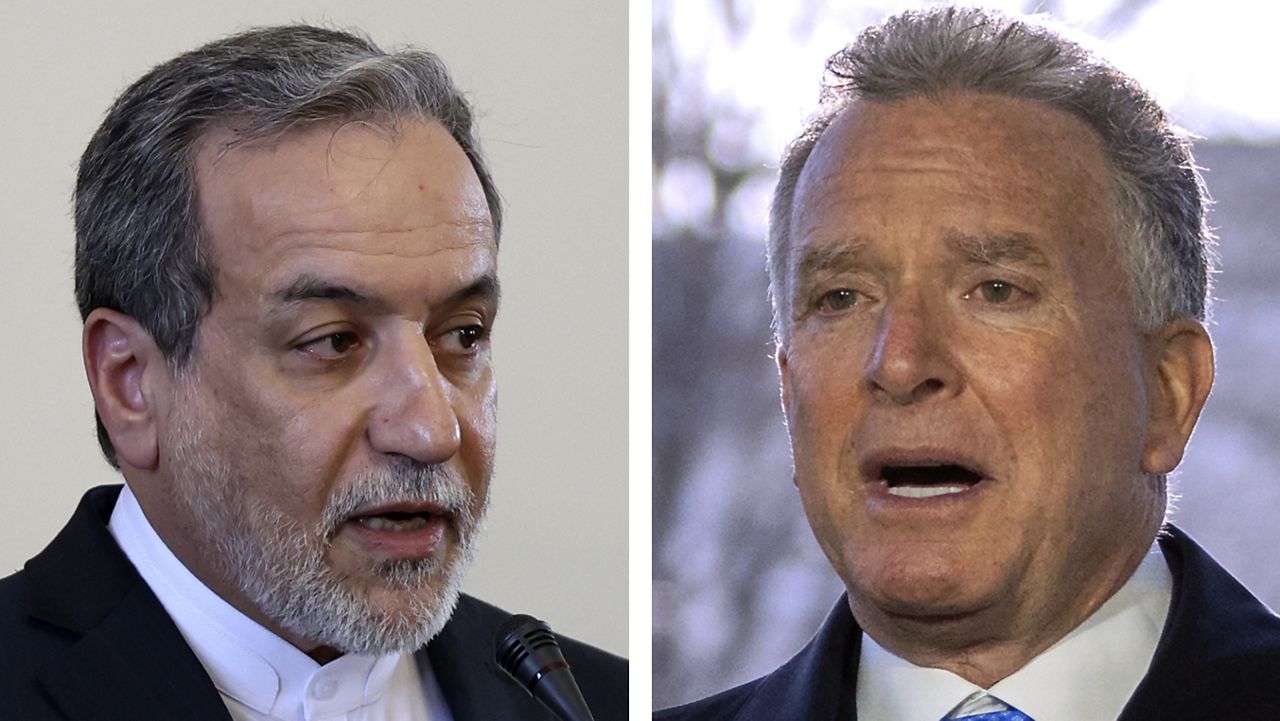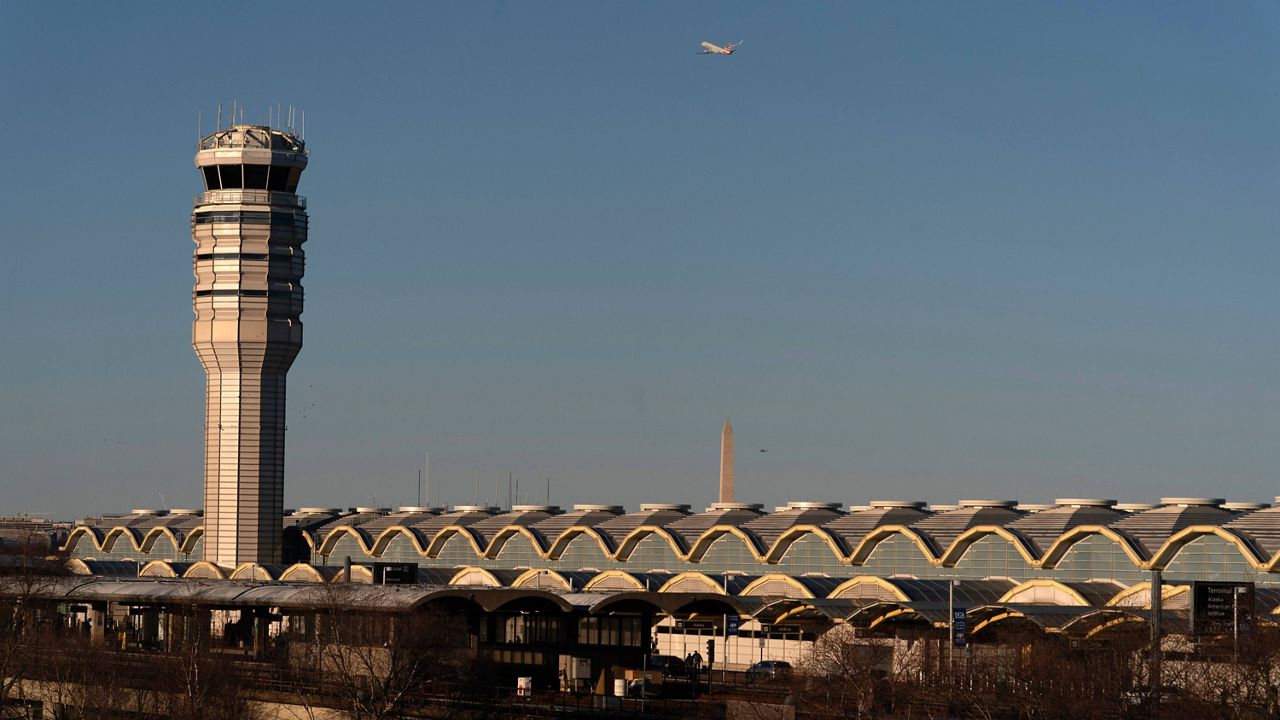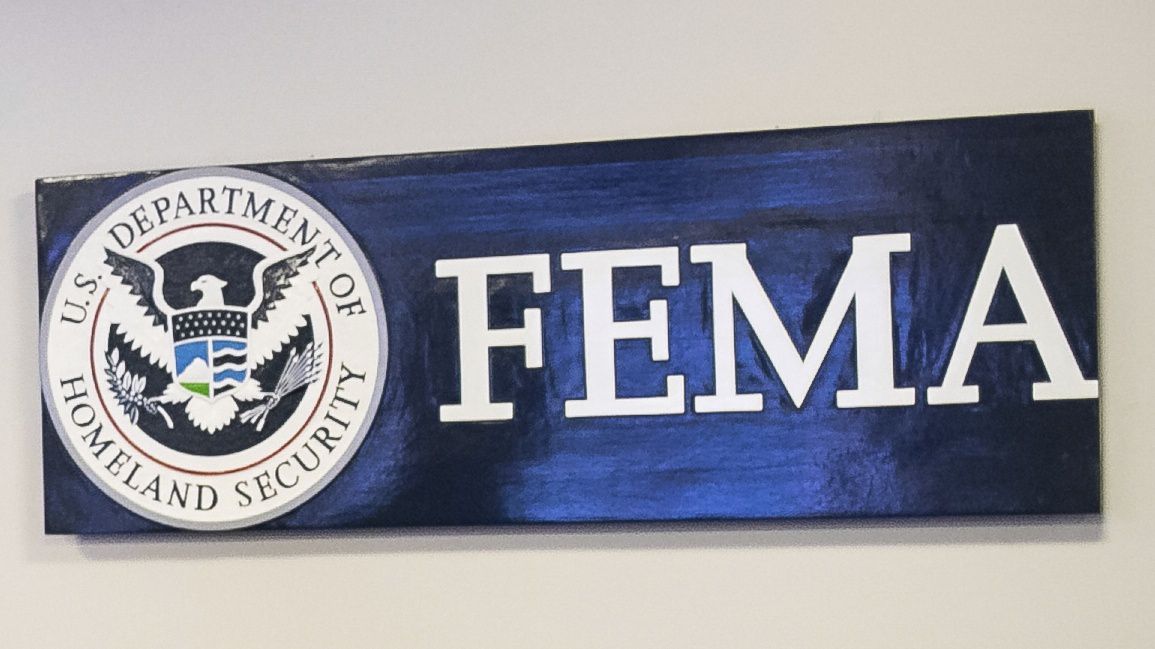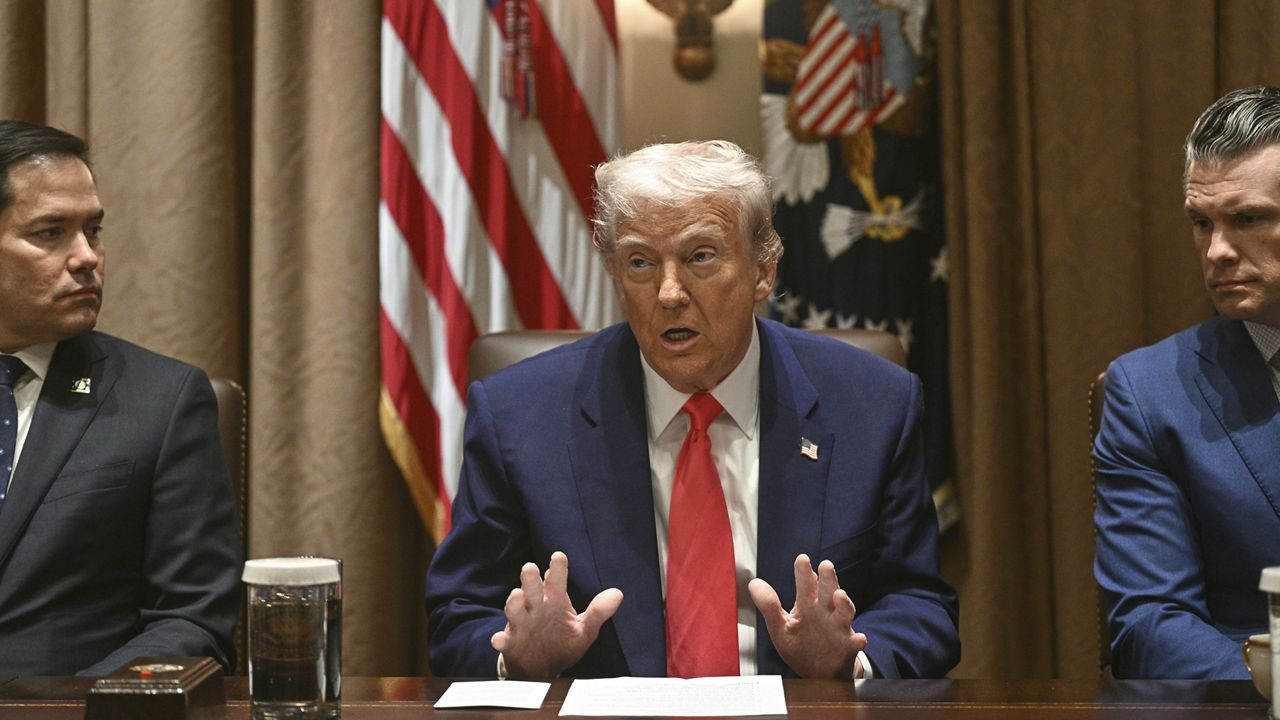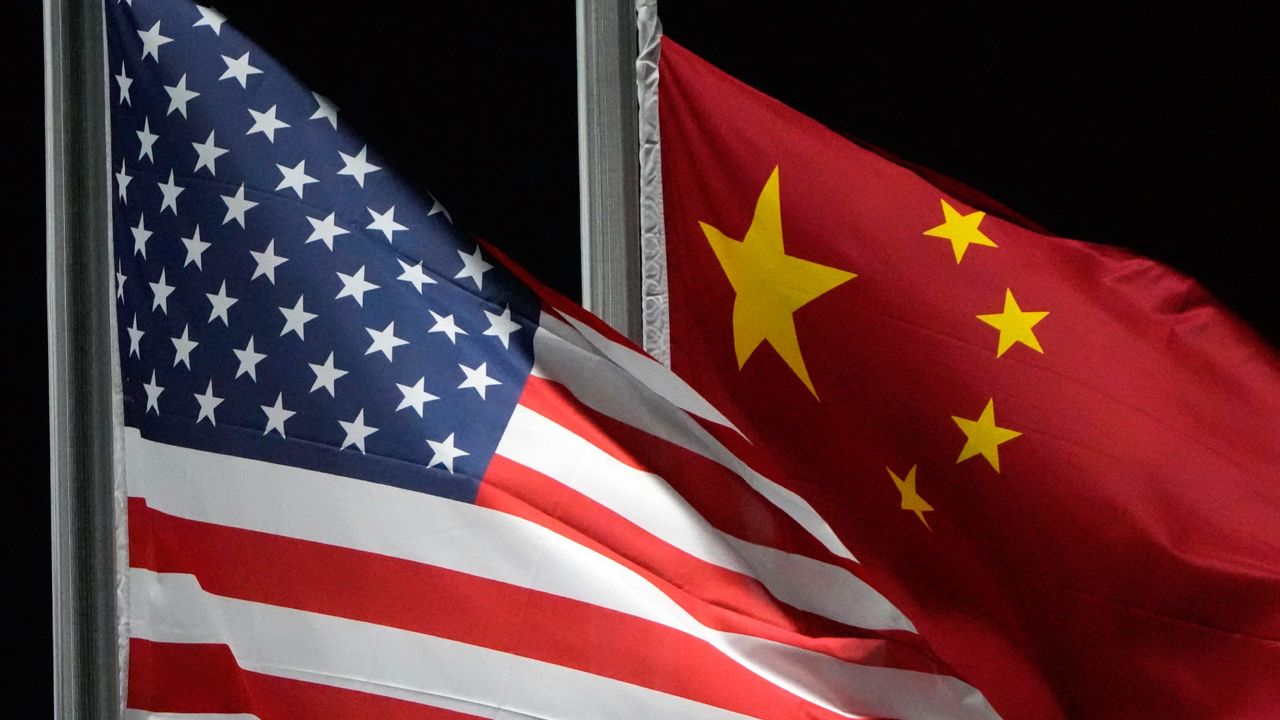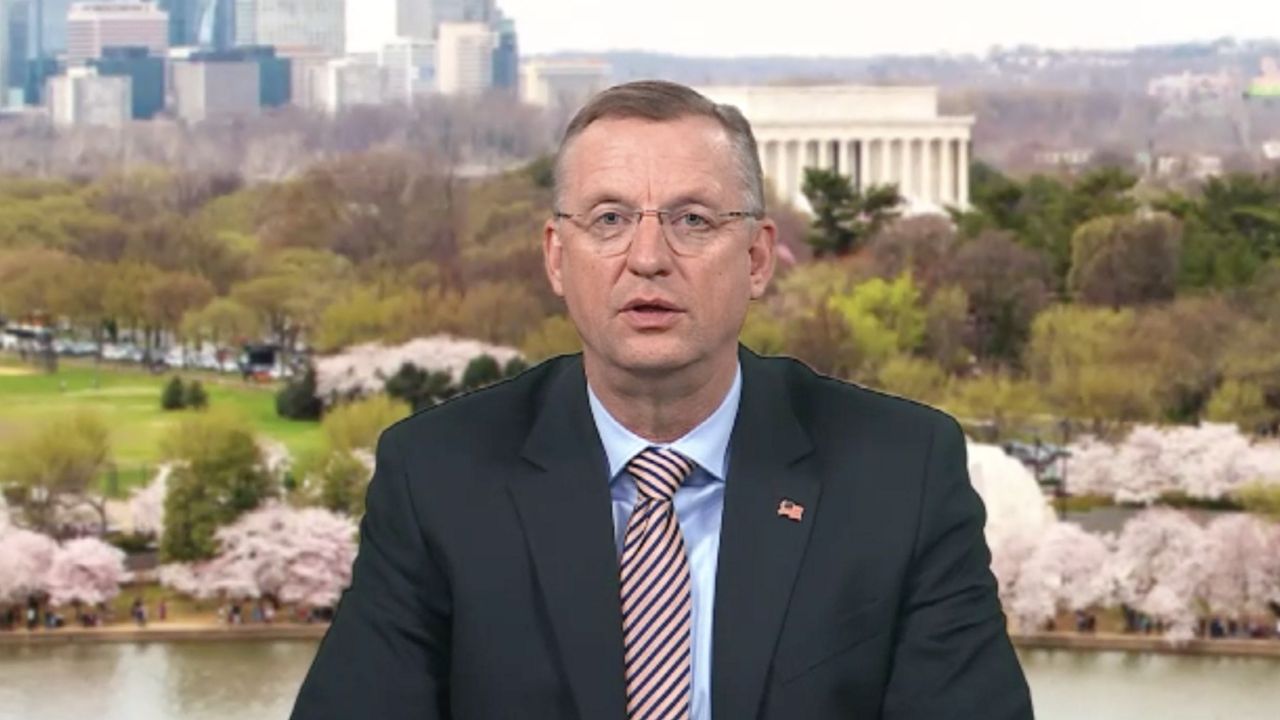President Joe Biden paid a visit to the Gila River Indian Community on Friday, where he formally apologized for a 150 year era in U.S. history in which the federal government took Indigenous children from their parents and sent them to boarding schools.
He also used the stop – in the battleground state of Arizona, 11 days out from Election Day – to tout his accomplishments for Native American communities as he puts a cap on a more than five-decade-long career in Washington that will come to a close in January. The trip fulfills a nearly two-year-old promise made by the Democratic president to visit Indian country.
“That's why I am here today – not only to fulfill my promise to be the first president to visit Indian country, but more importantly, to right a wrong, to chart a new path toward a better future for us all,” Biden declared.
The president on Friday went on to speak in detail about the 150-year period, ending in 1969, in which at least 18,000 children were separated from their parents and made to attend boarding schools for forced assimilation, according to an Interior Department investigation.
“We should be ashamed,” Biden said of the “blot” on American history. He added that most Americans aren’t even aware it took place.
“Children would arrive at schools, their clothes taken off, their hair that they were told was sacred was chopped off, their names literally erased, replaced by a number or an English name,” Biden said.
He spoke of the abuse experienced by the children forced to attend the schools, recounting a story of a survivor who said they would get hit when they spoke in their native language and were beaten every day.
“For those who did return home, they were wounded in body and spirit, trauma and shame passed down through generations,” Biden said.
The Interior Department report also found at least 973 Native American, Alaska Native, and Native Hawaiian children who attended the schools died in the system, although the president on Friday noted that the “real number” is likely to be much higher.
“After 150 years, the United States government eventually stopped the program but the federal government has never, never formally apologized for what happened – until today,” Biden said. “I formally apologize as president of the United States of America for what we did.”
The investigation that called for an official U.S. apology for the policy was commissioned by Interior Secretary Deb Haaland, a member of Laguna Pueblo in New Mexico and the first Native American to serve as a Cabinet secretary.
Haaland, who joined Biden on Friday, recounted how her maternal grandparents were taken and forced to attend a Catholic boarding school from age eight to 13.
“These federal Indian boarding schools have impacted every indigenous person I know,” Haaland said on Friday. “Some are survivors, some are descendants but we all carry the trauma that these policies and these places inflicted.”
The secretary went on to declare that, despite its efforts, the federal government “failed to annihilate our languages, our traditions, our life ways.”
At one point during his remarks, Biden was interrupted by a demonstrator protesting against Biden’s handling of the war in Gaza.
“There’s a lot of innocent people being killed and it has to stop,” Biden responded.
The president on Friday also used his remarks to highlight his record supporting Native communities, including signing executive orders aimed at improving Tribal self-determination, designating new and expanding existing national monuments honoring Tribal nations and investing in Indian Country.
The White House noted Biden’s American Rescue Plan included the largest direct federal investment in Tribal Nations in history at $32 billion while the president’s Bipartisan Infrastructure Law spent $13 billion to build high-speed internet and fix roads and bridges in Tribal communities.
Biden's vice president, Kamala Harris, who is the Democratic nominee for president this year, and her running mate met with Tribal leaders in the two battleground states of Arizona and Nevada earlier this month as their campaign ramps up outreach to such communities. Harris' team launched an official organizing effort, called Native Americans for Harris-Walz, to reach such voters.




